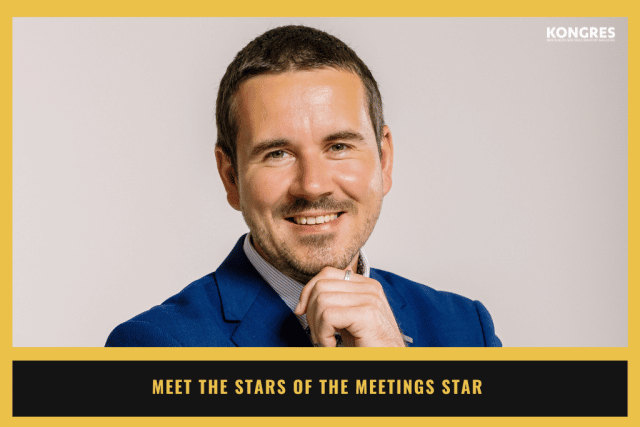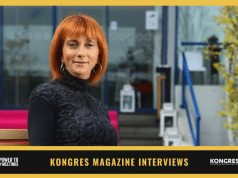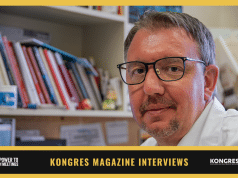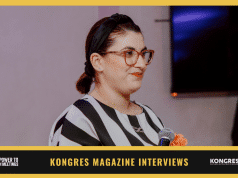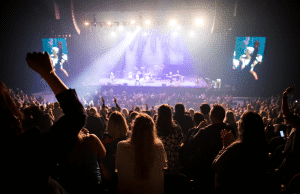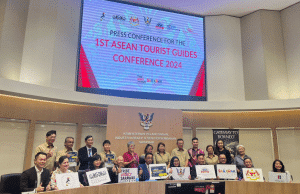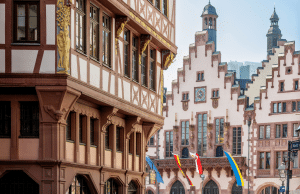Last year’s selection of influencers by Kongres Magazine marked the eighth year of the distinguished project. The selected influencers are trailblazers in their respective fields and help co-create the regional meetings industry. Kongres Magazine’s selection is, in a way, an overview of who is who in the industry.
Q1: Live meetings are coming back. What is your take on the current situation, and what is your prediction for this year?
We are very grateful that live meetings are back, and we had a chance to host many important congresses in Prague in the first half of the year.
Even the beginning of July was busy in Prague as the O2 Universum hosted the EAACI Congress in a hybrid format for more than 4000 delegates on-site and a similar number online. The WAC-9 (World Archaeological Congress) in the Cubex Center Prague also in the hybrid format followed, and, last but not least, the six-month-long series of conferences and meetings related to the Czech Presidency of the Council of the EU started in the Prague Congress Center as the main venue. The series of EU events will be interrupted only by the International Council of Museums General Conference (ICOM 2022) at the end of August, bringing around 4500 delegates to Prague.
Q2: How do you see the future of digital, hybrid and metaverse events?
At recently held congresses, we have seen that the hybrid format still plays a significant role, although everyone has welcomed the return of live events. That also applies, for example, to the “EU Presidency” meetings. My opinion is that the hybrid format carries importance for some meeting formats, and the “hybridisation” of meetings varies a lot depending on the meeting needs and their complexity. Unless we are forced to face the same situation we did in the past two years again, I believe that the metaverse events will play a minor role, at least in the next five years.
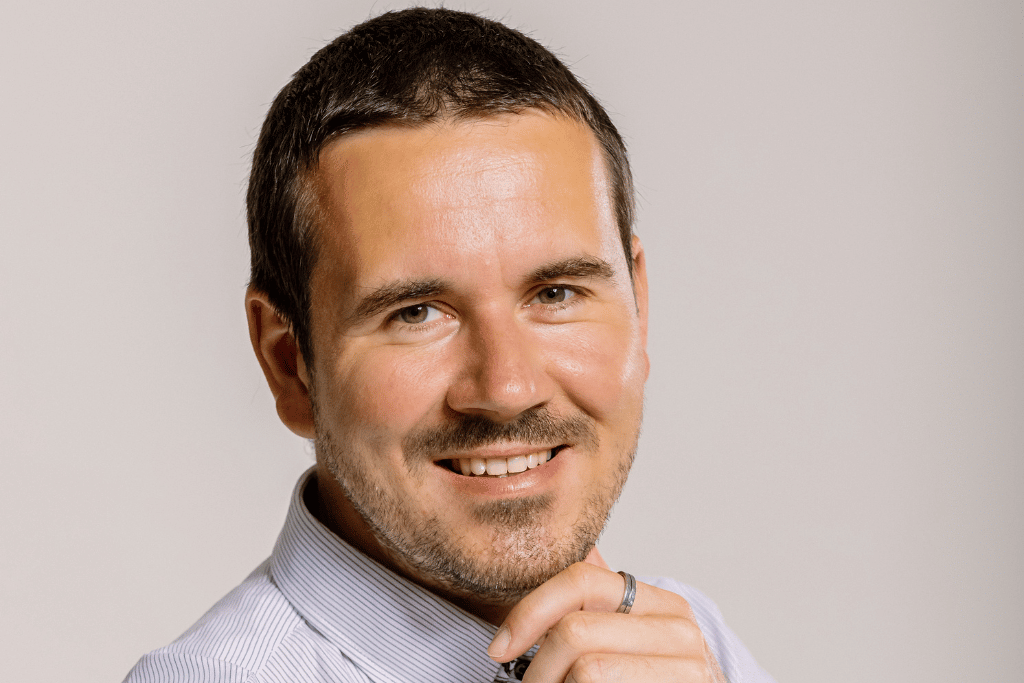
Q3: We are living in uncertain times; in the past two years, we have learned how to cope with a crisis caused by the spread of the coronavirus, and we have found ourselves amid a war recently. How do you face such crisis situations?
Well, we are indeed living in uncertain times, and you can hardly prepare for what the future brings. The only recipe is to try to stay flexible and adaptable as much as you can. The current war in Ukraine had an immediate effect on some conferences and events; however, I am more afraid of the secondary effects of the war, which is the economic impact we can see already. That will definitely cause companies to cut budgets, affecting the future volume of corporate events.
Q4: What does the future bring for the meetings industry in the next decade? Which challenges should we address immediately?
The next decade will be marked by the sign of advanced digitalisation, simplifying various processes when travelling to the destination or booking your accommodation. Especially airports will be looking for some solutions compensating for the lack of employees they are currently facing. AI will most probably play a significant role in all these processes. Apart from that, the focus on sustainability will continue to grow in importance, and, in this respect, higher demands will become more the standard, not only for the meeting industry. The current challenge is certainly the economic crisis, albeit the length and intensity are unpredictable.
Q5: How do you keep up with the changes transforming the business world, particularly in event organising? What is your advice for our readers?
In the past two years, we have learnt that technological development did not affect the human need to meet in person. It is the same situation as in the 90s when I started in the meeting industry: mobile phones and especially the internet and emails changed a lot in the organisation of events. Since then, huge technological development has been positively affecting event organising, yet the innate need to meet in person remained the same. Thus, my advice is not to be afraid of the new trends and technologies, including AI, as these are only tools helping the organisers to achieve a better experience for event delegates.

Q6: Will corporate social responsibility continue to be discussed as a priority at events instead of topical issues, such as climate change or organising events sustainably?
I hope that in the future, the sustainability of events will not be just a subject of discussion but will become a standard for all events.
Q7: Which trend inspires you the most, and where do you see immense potential for event organisers?
I see huge potential in AI (artificial intelligence), which could help a lot in many processes when organising an event. On the other hand, being a sci-fi fan, AI’s potential might be quite scary 😊.
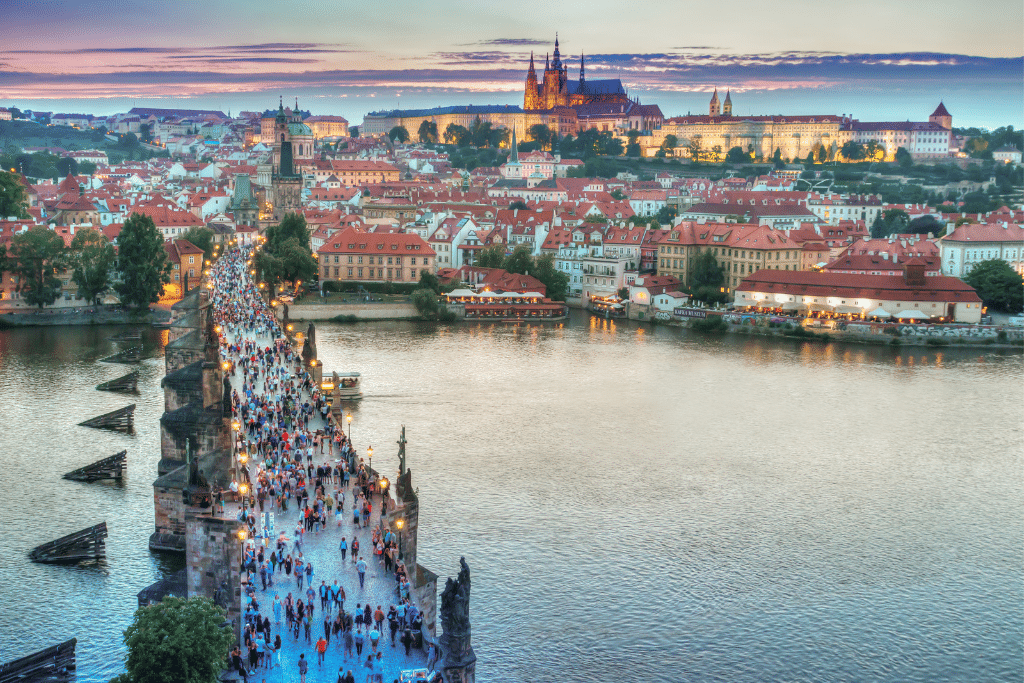
Q8: What perils do new technologies adopted during the corona crisis hide?
I am not aware of any perils during the corona crisis. We can see more dangers now in cyber security in the ongoing war in Ukraine when the hackers play an important role for both sides of the conflict.
Q9: What should the meetings industry do to attract talented individuals among its ranks?
We need to prove the industry’s stability and present the industry’s security to newcomers. Unfortunately, people who left the industry in the past two COVID years will most probably not return. More than ever before, we need to focus now on the education of a new generation of talents.
Q10: Have you noticed that work within the industry is not as desired among the younger generations? What could be the reason behind a significant shortage of staff?
Working in our industry has always been a very time-demanding job with lower salaries than some other comparable positions in other economic sectors. The emerging generation is looking for a better work-life balance, which is not easy to find in our industry. You simply must love what you do, and this is certainly true for all the people who have stayed in the industry in the past two years.
Q11: What is your recommendation for young colleagues starting their professional path?
Do not be afraid to stand out from the crowd and come up with some innovative ideas. There is no better time to present such ideas than now when almost all the industry has adapted to working in a kind of start-up mode in the past two years, reacting immediately to changes and adopting new ideas and strategies. Those creative ideas have been very often coming from the young generation.
Q12: What is a good practice case in 2022, in your opinion?
A good practice is to remain positive about the future of our business and live events. The human need to meet in person has been here for ages, and it will remain so in the future.
Find out more about the innovative Prague Convention Bureau here.


